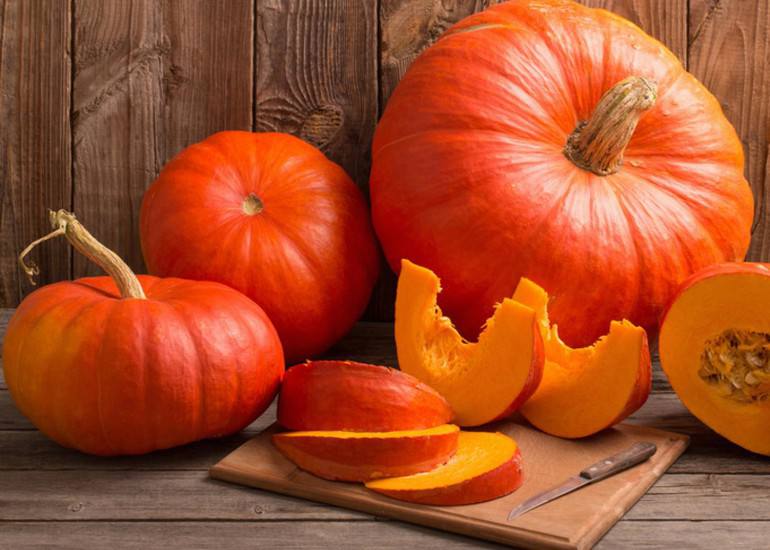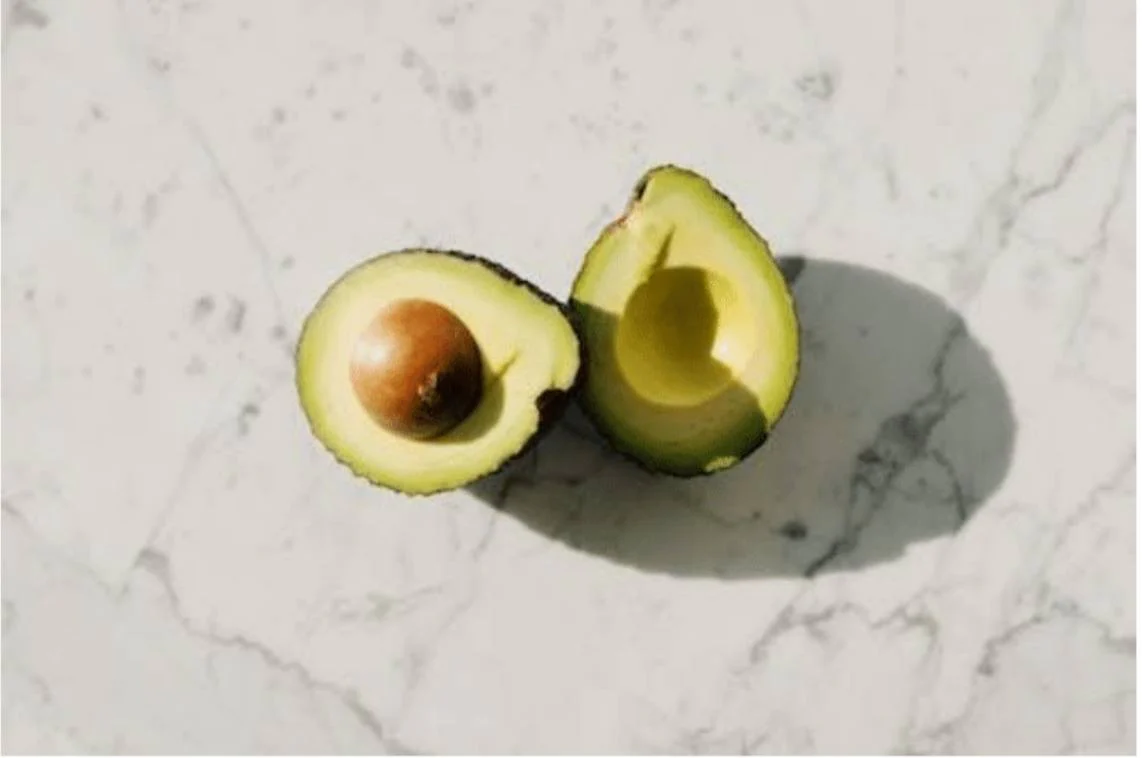
🍃 SCIENCE CORNER - Pumpkin
Pumpkin is a popular fall ingredient.
Pumpkins are nutrient-dense, meaning they contain lots of vitamins and minerals. They are a great source of beta-carotene, a precursor to vitamin A. The body converts these powerful antioxidants into vitamin A.
Vitamin A can help the body fight infections and strengthen the intestinal lining, making it more resistant to infections. Pumpkins also contain antioxidants that are important for eye health. These antioxidants include vitamins C, E and beta-carotene.
Pumpkins also promote heart health and contain potassium, which may help lower high blood pressure. They also contain fiber, which can help lower blood cholesterol levels by binding to the cholesterol in food and preventing its absorption.
Fiber can also help dampen blood sugar spikes after eating foods containing carbohydrates. There are many ways to enjoy pumpkins. Pumpkins are healthiest in savory dishes such as soup or as a roasted vegetable.









